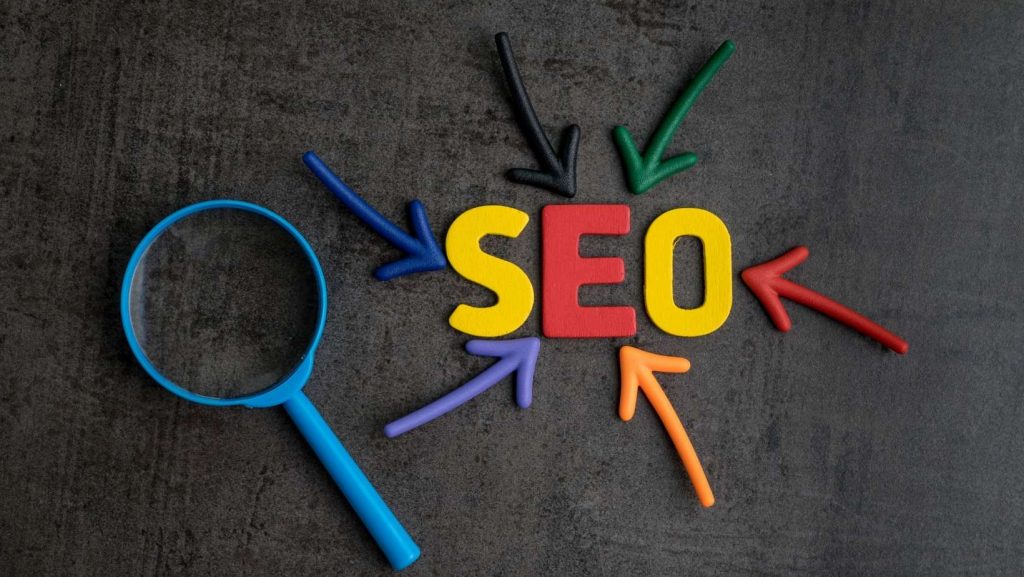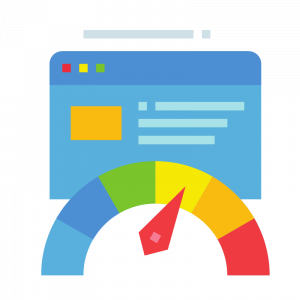
There is no need to say that every single publisher in the world needs to improve SEO rankings at some point. This is a process that requires hard work, constant attention and expertise. However, not every publisher needs to be a SEO expert. Here are 15 tips to rank higher on Google without being an expert.
Does your page load fast enough?

A slow load speed affects user experience. These negative interactions with your website will hurt your ranking. Users simply abandon pages that take too long to load. Moreover, research shows that once they leave, they never come back.
Remember that Google’s algorithm ranks your pages also based on how popular they are. If your visitors leave and never return, traffic will eventually drop. Also, Google recognizes slow load speed, so you’d better start working on improving page speed and server response time.
Are your images optimized?
So, getting back to the previous point, images can also affect your load speed. The same that you should check server (and check provider if necessary), website theme and plugins, you should make sure that your files are not too heavy.
So, what do you need to do in order to make sure that images are not a problem? Resize or compress them and choose SEO-oriented names. This means that you should be a bit strategic and use keywords in the title and the caption.
Remove unnecessary code
If your site has an unnecessary amount of code, it will take longer to load. This means that search engines will take longer to crawl it too.
Don’t you know where to start? No problem. On-page JavaScript and CSS are the two most common aspects to optimize.
In other words: make sure that your code is as lightweight as possible.

Header tags: Use them to improve your SEO rankings
Remember the user experience thing we mentioned at the beginning of this article? Well, UX is everywhere, also in the tags.
Breaking up the content makes it easier to skim-read it. This way, users will spend as much time as they wish going through what really matters to them. Also, they won’t be scared by a massive wall of text.
What about your links?
Are you using outbound links? And are you also linking your content internally?
On the one hand, linking your content to trustworthy sources increases the credibility of your media. Also, keep in mind that content should be updated, so check your links. Fix the ones that are broken and make sure that your sources are up-to-date too.
If you are worried about having to check all your broken links one by one… Well, don’t be. There are many extensions and tools that will do it automatically.
On the other hand, internal links will help users navigate through your content and increase time-on-page.
Don’t just focus on text
Digital times are just great. While a long time ago people had to rely on image and text, nowadays publishers can leverage a wide variety of formats.
Although video is the most engaging format, slideshows or audio files can also improve your content, making it more engaging. This means that they can help you increase time on page, which will boost your SEO rankings.
Are your URLs optimized to boost your SEO rankings?
Make sure your URLs include the keywords that are important in terms of SEO. There is a very common mistake which is using the exact words in the URL as in the title. However, title and URL are not the same thing.
While titles need to be attractive, engaging, and ultimately clickable, URLs are just an asset that works like an address to “locate” the content.
Do you know what LSI is?
LSI (latent semantic indexing) keywords are basically related keywords or keywords that refer to topics that are related to the content of your website. But they are also something that indicates to Google that your titles are not misleading and that you are actually talking about the topic you claim to be addressing.

In practice, the idea is simple. If your article is about Italian food, for example, you will certainly use keywords such as “pizza” or “pasta”.
Keep in mind that synonyms are also considered LSI keywords.
Don’t forget to write an appealing meta description
Meta descriptions, image titles, optimized URLs… All those elements that don’t seem to be so important when we think about the content of our site, are actually the ones that have a tremendous impact on our SEO rankings.
If you don’t know how to improve your meta descriptions, here are 3 tips:
- Short descriptions (160 characters)
- A different one for every page (no repeated meta descriptions please!)
- Use relevant keywords to make them as much clear and descriptive as possible
Joining Q&A sites will improve your SEO rankings
You are an expert in your niche, right? Then you might want to prove it. Q&A sites are the right assets for that. People really want to find the answer to their questions. They want to learn. But not from anyone. They want to learn from the best. From experts like you. So, invest some time in a really good answer and include relevant links to your site for people to learn more.
The idea behind the Q&A strategy is simple: by answering people’s questions you will not only be regarded as an expert, but you will also direct more people to your site. This means that you will be improving two aspects at once: Visibility and authority.
Add internal backlinks
Internal links are hyperlinks that point to posts and pages on your same domain. They help Google to index all the pages on your site and will give you authority. Many brands underestimate the impact of an optimized internal link strategy. It can help your SEO ranking.
Publish original content
People are tired of reading the same stuff over and over again. There is a reason why they want to read your content: It is supposed to be original.
Don’t disappoint your audience. Create your own content, express your own point of view and share your own tips and knowledge.
Add a call to action to the meta description & boost your SEO rankings
Insert a great call to action in your meta description. Let your readers know what your content is about, but also, remind them to keep reading. There is a lot more than a short meta description for them to read!
Include a “share link” at the bottom of your content
Make your content shareable. Always add social media links at the end of your article, so readers can share and spread it.
Write clickable headlines
Headlines are such an important but underrated part. Create attractive headlines and you will see how your readers not only click on them, but also spend more time reading your articles. If your headline is not interesting, people will not read the content.
Why is UX design important for publishers?
Having a slow page load speed can be detrimental to the user experience. People will go to your website once, but they may never come back and your traffic will decrease. That’s why improving your page speed and server response time, as well as removing unnecessary code is crucial to have a good user experience.
How can I improve my SEO ranking?
Some ways publishers can improve their SEO is by using both inbound and outbound links, using multiple formats like video or podcasts as well as LSI keywords, writing creative and original content and optimizing all aspects of your page.